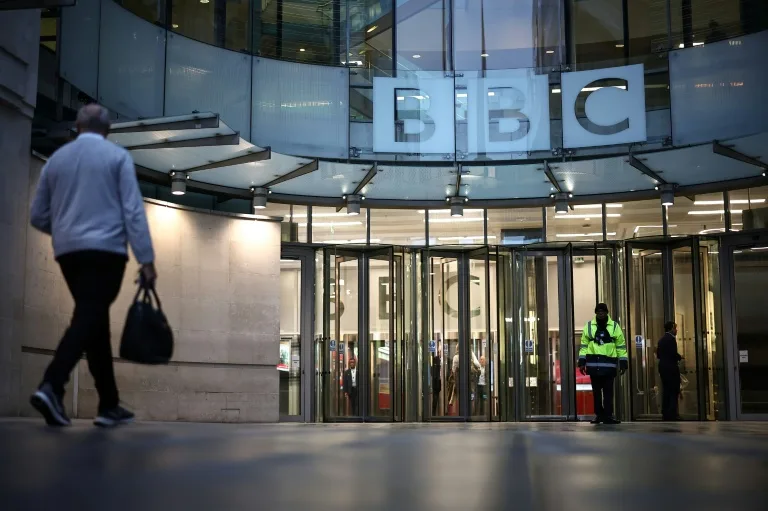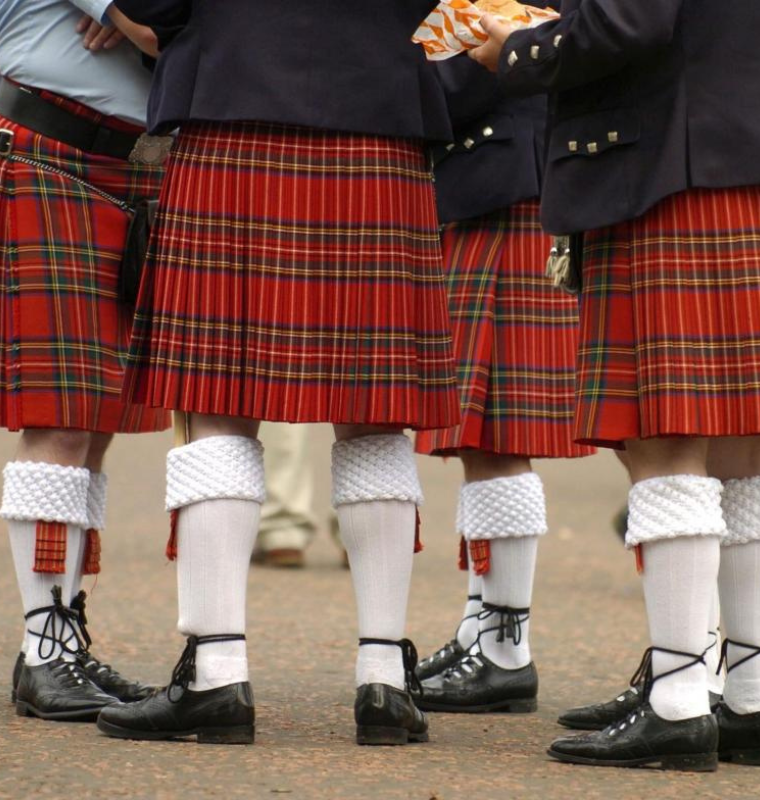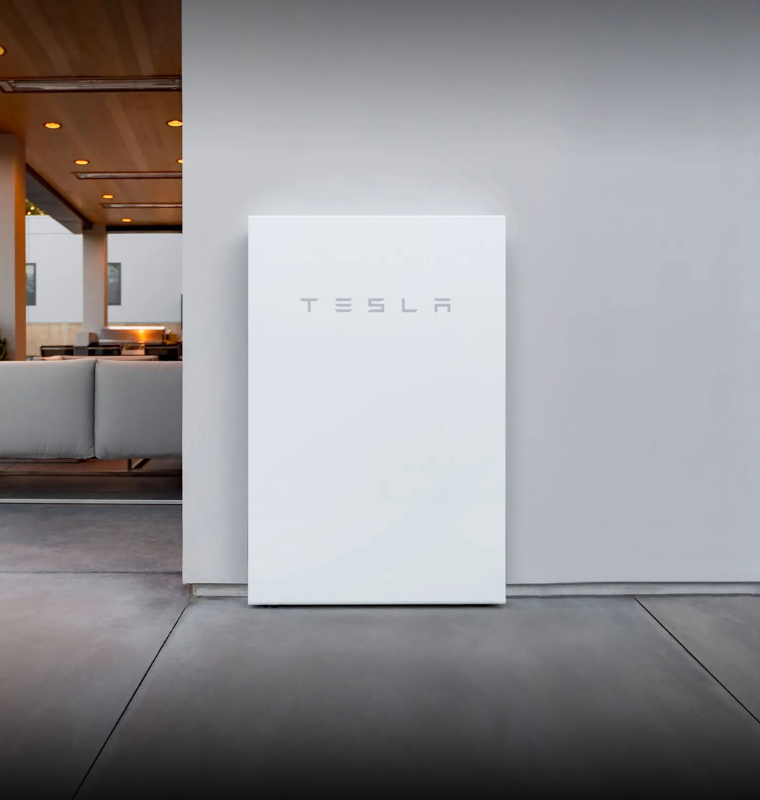Trump Threatens the BBC With a $1 Billion Lawsuit Over Edited Jan. 6 Footage
Trump Threatens the BBC With a $1 Billion Lawsuit Over Edited Jan. 6 Footage
By
Junia Wells
Last updated:
November 14, 2025
First Published:
November 14, 2025

Photo: Yahoo
A New Battle Between Trump and the Media
Former U.S. President Donald Trump has launched a major challenge against the BBC, threatening a $1 billion lawsuit after claiming the broadcaster distorted his Jan. 6, 2021 speech in a Panorama documentary. The controversy has plunged the BBC into one of its biggest editorial crises in years, prompting high-level resignations and a full-scale internal investigation.
Trump’s legal team accused the BBC of presenting an edited speech that falsely implied he encouraged supporters to storm the U.S. Capitol — a claim the broadcaster has formally apologized for but strongly denies was intentional.
The BBC has already pulled the documentary from all platforms and acknowledged an “error of judgment,” but it has rejected Trump’s demand for compensation.
How the Controversy Started
The dispute stems from a Panorama documentary titled “Trump: A Second Chance?”, which aired in October 2024. The program included an edited sequence from Trump’s Jan. 6 speech that stitched together two separate lines spoken nearly an hour apart — without informing viewers.
The edit made it appear as though Trump said in one continuous moment:
“We’re going to walk down to the Capitol… and I’ll be there with you. And we fight. We fight like hell.”
But in reality:
- Trump initially told supporters they would “cheer on our brave senators and congressmen and women.”
- 54 minutes later, he used the phrase, “We fight. We fight like hell,” during a separate part of the speech.
The documentary’s editing only came under scrutiny months later when a leaked memo by former BBC adviser Michael Prescott surfaced. The memo criticized declining editorial standards at the corporation and revealed the problematic cut.
While the film was produced by independent company October Films, the BBC approved and broadcast it. The documentary has since been removed from the BBC iPlayer, with the broadcaster acknowledging its failure to clearly separate the speech segments.
Trump’s Legal Demands
Trump’s legal team sent an aggressive letter to the BBC, accusing it of airing “false, defamatory, disparaging and inflammatory statements.” According to the letter, the documentary caused “overwhelming financial and reputational harm” to Trump, and demands included:
- A full retraction
- A public apology
- Compensation for damages
- Immediate removal of the documentary
The letter warned that unless the BBC complied by 5 p.m. EST on Nov. 14, Trump would file a lawsuit seeking no less than $1 billion in damages. Trump attorney Alejandro Brito wrote that the edit amounted to a “reckless disregard for the truth.”
Speaking to Fox News, Trump said the speech had been “butchered” and insisted he had an “obligation” to sue.
The BBC has apologized but disputes the idea that the situation meets the legal threshold for defamation. BBC spokespeople argue there was “no intent to mislead” and no evidence the edited version aired in the United States — a factor that could complicate Trump’s legal path if he files in Florida.
Crisis Inside the BBC
The fallout escalated quickly within the BBC. As public pressure mounted:
- Director General Tim Davie resigned
- Head of News Deborah Turness resigned
- BBC Chair Samir Shah issued a public apology and launched a formal review
- Editorial review processes are now under investigation
The corporation has described the situation as a “serious editorial failure” but maintains the edit was a mistake, not deliberate manipulation.
The British government also weighed in. Culture Secretary Lisa Nandy urged the public to differentiate between “editorial failings” and politically motivated attacks against the BBC. UK Prime Minister Keir Starmer stated clearly that he supports a “strong and independent BBC.”
Why This Matters
Trump’s legal confrontation with the BBC is more than a dispute about a documentary edit. It touches on:
- Media trust and accountability
- Political narratives around Jan. 6
- International broadcasting standards
- The growing tendency of political figures to challenge major news organizations
Trump has a long history of suing major media companies, with previous cases involving CNN, CBS, ABC, The New York Times and the Wall Street Journal. Outcomes in those cases have varied, with some dismissed and others settled.
The BBC dispute could become one of the most high-profile transatlantic media battles in recent memory, depending on whether Trump moves ahead with his billion-dollar lawsuit.
Popular articles
Subscribe to unlock premium content
The Rise of Silent Walking Tours in Historic Cities

The Rise of Ultra-Niche Cooking Classes Focused on Historical or Regional Recipes

The Rise of One-Person Dining Experiences for Ultra-Introverts in Major Cities

The Rise of Silent Walking Tours in Historic Cities

The Rise of Ultra-Niche Cooking Classes Focused on Historical or Regional Recipes

The Rise of Silent Walking Tours in Historic Cities









